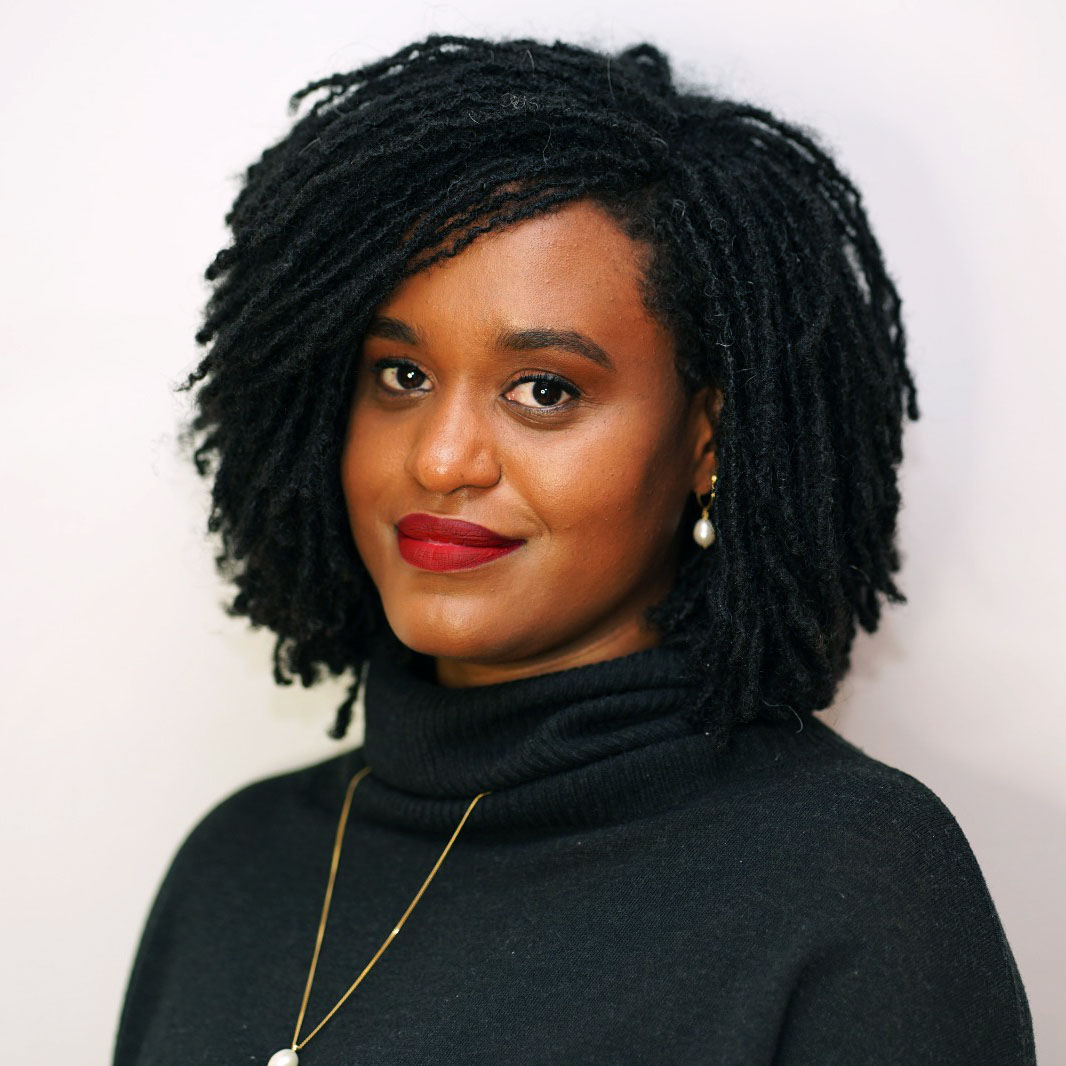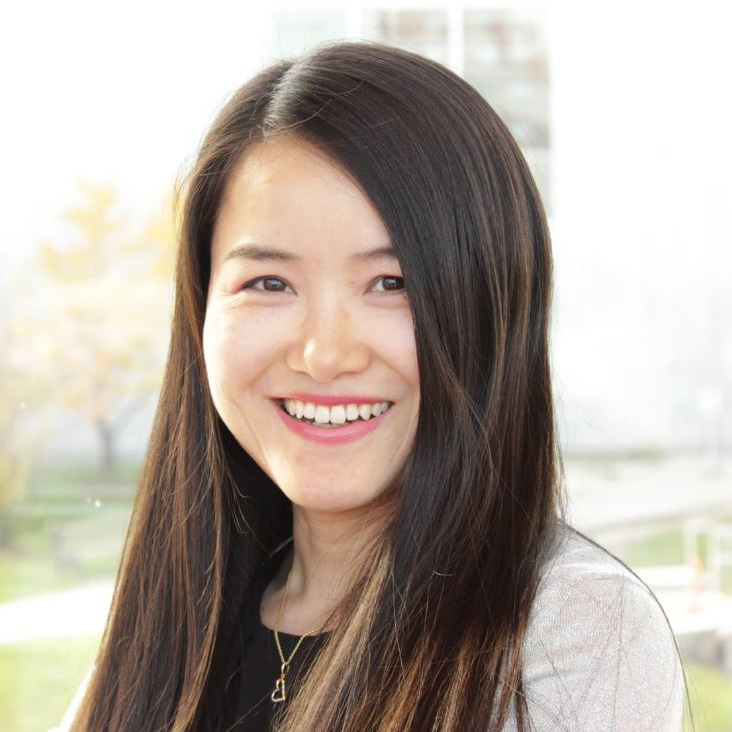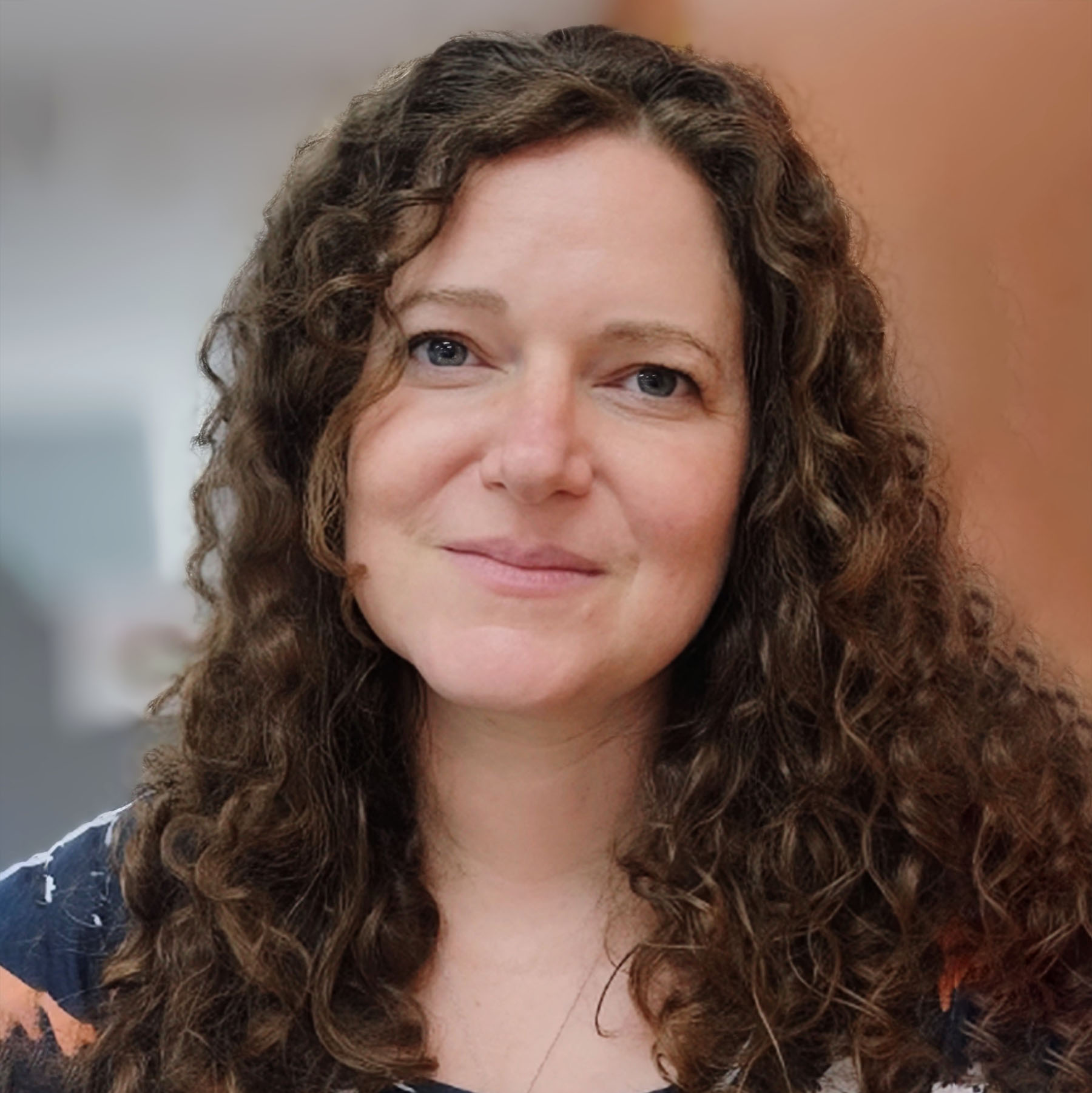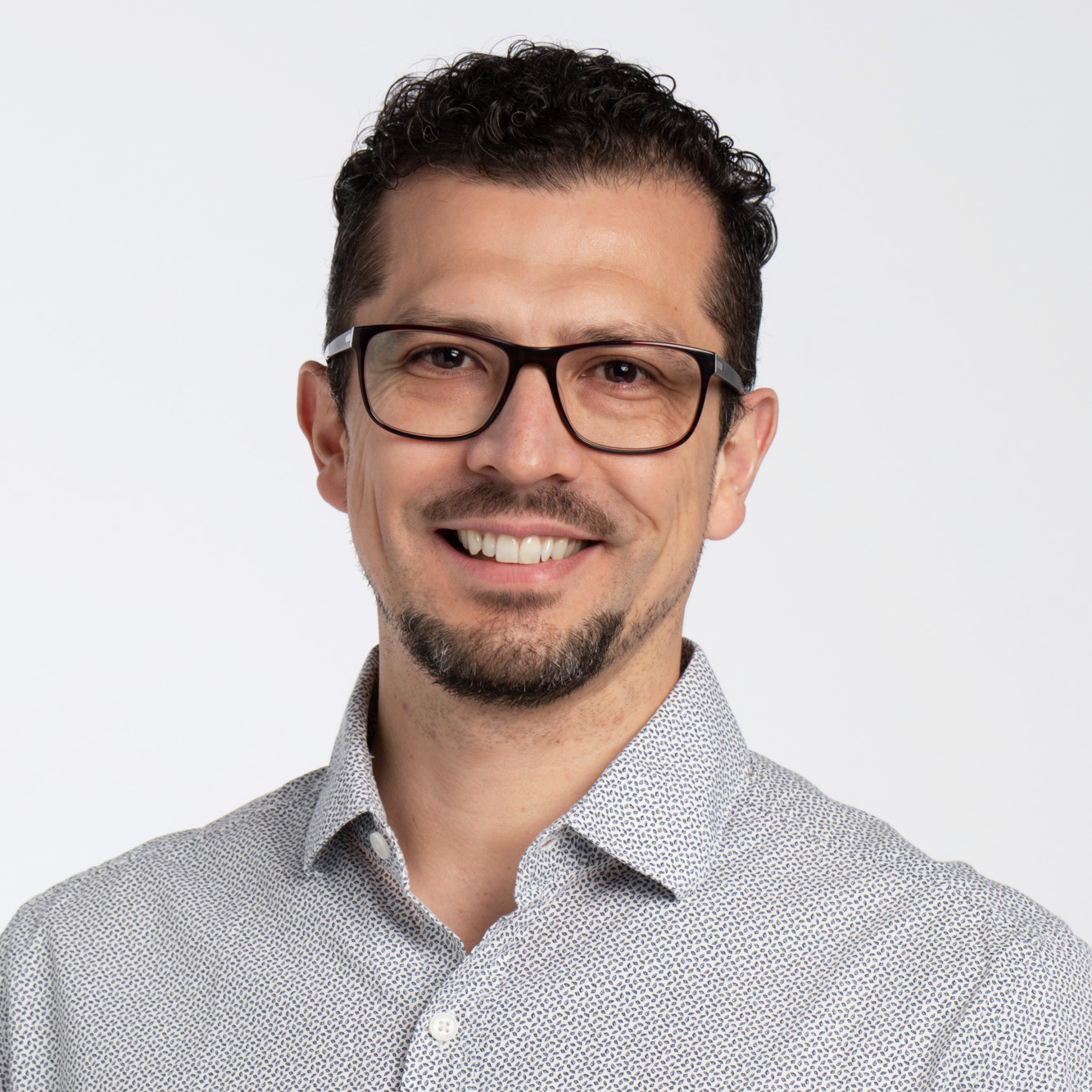Graduate Electives
Graduate elective courses open to all students at The Creative School for the current term can be found below.
- This list is updated at the start of each term.
- Courses are offered subject to faculty availability and are subject to change without notice.
- Preference will be given to students enrolled in the program offering the course.
How to request enrollment
- Review available courses below and identify the course you are interested in.
- Reach out to your Supervisor/Advisor and Program Director to get permission to take the course for credit in your program.
- Complete the (PDF file) Course Substitution form (opens in new window) , it must be signed by your Supervisor/Advisor* and Program Director.
- Complete the Enrollment Request Form (link below) and submit the signed Course Substitution form**.
*If you don't have a Supervisor/Advisor, your Program Director can sign on behalf of both.
** Submit one form per course request.
Deadline to submit a request for Winter 2026: January 8, 2026
The Admin team will review your enrollment request, and confirm via email.
It may not be possible to accommodate late requests.
Note: Enrollment for student taking electives outside of their program will begin December 8, 2025.
Courses Requiring Special Permission
For any courses listed with a note "Permission to enroll required", please complete the submission process and submit the enrollment request.
Then the program office will contact you with instructions about additional requirements after November 23.
Communication & Culture courses require an additional step to enroll
(ie: CC8849, CC8960, CC8921, CC8828, CC8836, CC8838)
- Complete the Course Substitution form (same as above).
- Submit the Enrollment request form (same as above).
- Your request will be reviewed and you will be contacted via email about next steps.
Course Descriptions
Unless shown below, course descriptions can be found in the YSGPS calendar.
For your convenience, the links to each graduate program calendar at The Creative School are listed below.
Special Topic courses - Course Descriptions
CD8330 Audiences and the Public
In a media environment where 'audiencing' is a constant, ubiquitous activity, understanding public perception and behavior is the cornerstone of all successful creative work. This research seminar moves beyond simple metrics to explore the why behind engagement, perception, and participation. You will dive deep into a variety of conceptual frameworks and foundational audience theories—from classic media effects to contemporary models of networked publics and collective action. This course provides a critical overview of audience studies, equipping you to analyze how and why audiences behave as they read, play, create, and share in a convergent world. Through rigorous lectures, discussions, and seminars, you will not only grasp these complex theories but also learn to translate them into practical insights. The seminar culminates in a focused project where you will 'get to know' a specific audience, applying robust theoretical frameworks to understand what truly drives their engagement.

DG8010 Creative AI
This course explores the intersection of artificial intelligence and interactive media, focusing on developing creative and innovative experiences. Students will delve into the design and implementation of AI-driven interactive experiences, including interactive fiction, artificial characters, avatars, and AI tools themselves. Through a combination of theoretical study and hands-on prototypes, participants will gain a deep understanding of how AI can enhance and transform user interactions in creative contexts.
The course will cover key concepts in machine learning, natural language processing, and interaction design, with an emphasis on their application in imaginative and engaging digital experiences. Students will learn to critically analyze existing AI-driven interactive systems, identify opportunities for innovation, explore ethical considerations, and develop their own creative prototypes that push the boundaries of what's possible in this rapidly evolving field. By the end of the course, students will have developed a nuanced understanding of the ethical, technical, and design considerations involved in crafting AI-enhanced interactive experiences.

DG8010 Game Design: Prototyping and Testing
In this course, students will work together to co-develop a game in a game studio format, using software engineering principles. Students will take on specialized roles within the class and, over the course of five Sprints, iteratively develop a polished game ready for publication.

DG8116 Zone Learning
DG 8116 is a unique experiential elective where deep ideation converges with tangible action. It empowers you to elevate a personal passion project from conception to execution, transforming it into a substantive and impactful endeavor. Whether your focus is social, cultural, technical, environmental, or intrinsically linked to your specific academic research or professional aspirations, this course provides the structure to pursue a project that profoundly matters to you, enriching and expanding your graduate experience.
Before submitting an enrollment request please visit the DG8116 website to learn more.

MP8120 - Special Topics: Interdisciplinary : First Draft
In this course, writers will develop a polished first draft of a short story or novel chapters. Through workshops, students will refine their personal practice, craft outlines, develop story hooks, and write query letters. By term’s end, each participant will complete a polished draft of their project. A writing sample is required to enrol in this course.
NOTE: Permission from instructor is required to enroll in this course.

MP8120 - Special Topics: Interdisciplinary : Exploring Virtual Environments II
This course builds on Exploring Virtual Environments I. Students will participate in a live environment with focused hands-on experience with the game engine Unreal Engine. Projects can be built around Video Games, Sets for Virtual Production (Single/Multi Camera) and other virtual environments both in a studio context and on screen. Students will learn to manipulate visual scripts or blueprints, model and animate objects, create environments and terrains, design interactions, manage assets and rendering.

MP8995 - Special Topics : Embodied Digital Media: Research/Design
Few digital technologies make use of the connection between our bodies and minds to support creativity and knowledge production. This research and design centered course will provide students with the unique opportunity to envision the shape of research-based education in digital and embodied media, while working in the Synaesthetic Media Lab (synlab) on cutting edge projects in Tangible and Embodied Interaction for creativity and expression.
The course is a deep dive into research and design in the field of tangible and digital media, introducing students in a hands-on manner to interdisciplinary research practices that engage methods from design, media, engineering, science, social science, and humanities fields. Students participate in long-term research projects within the synlab, working under the guidance of Dr. Mazalek and the synlab's team of postdoctoral researchers and research assistants. Learning in the course is both self-driven and team-based, and students have the opportunity to define their own learning goals within the context of the research projects they participate in.

MP8998 Discoverability and Distribution
Great content is only half the battle; getting it discovered is the other. This essential course for creative producers tackles the critical challenge of distribution and discoverability in a crowded media landscape. You'll move beyond creation and explore the commercial practices and economics of how traditional and new media content gets seen, measured, and monetized. We'll dive deep into leveraging big data and audience analytics to drive engagement and build a robust audience development plan. Through practical lectures and real-world case studies, you will learn to think like a distributor, culminating in the creation of a customized distribution strategy designed to optimize the market potential and audience reach of your own creative project.
PC8106 Special Topics: Political Communication and Race
This course provides students with an opportunity to pursue advanced studies of the construction of social differences such as race, gender, sexuality, class and disability in professional communication through a range of theoretical lenses and in a variety of institutional contexts (e.g., media, education, law, health). Students also engage with communication in activist, advocacy and social justice contexts, including the theories and philosophies that inform communication practices in these contexts.
Links to Graduate Programs Calendar
Program Contact Information
Communication & Culture (MA, PhD)
Digital Media MDM
Documentary Media MFA
Fashion MA
Film + Photography Preservation
and Collections Management
Post-Professional Master of Interior Design
Journalism MJ
Media & Design Innovation Phd
Media Production MA
Professional Communication MPC
Scriptwriting & Story Design MFA
Administration Team

Graduate Program Administrator

Graduate Program Administrator

Graduate Program Administrator

Finance and Administration Coordinator

Academic Coordinator Graduate Programs

Manager, Graduate Programs Administration